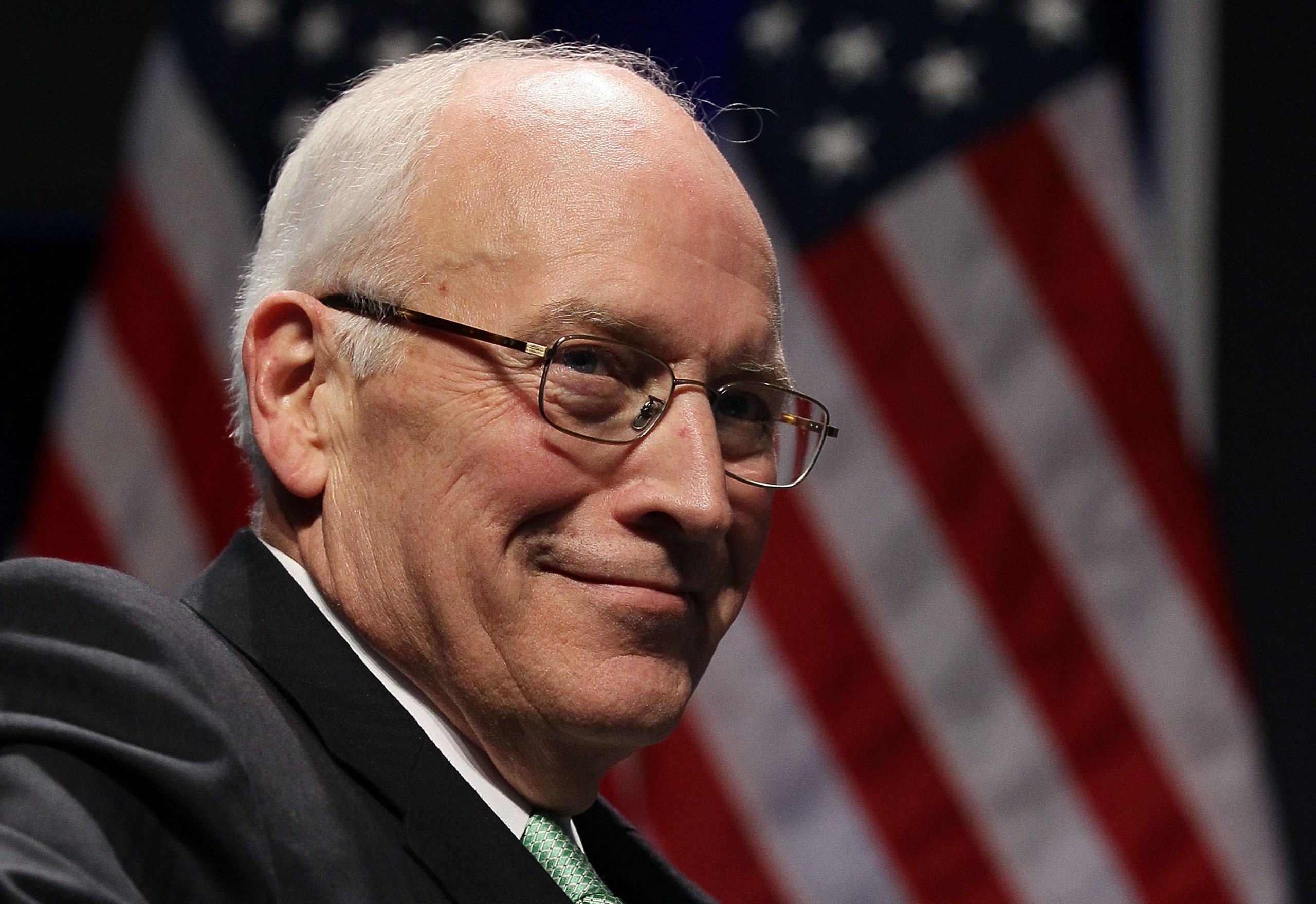Cheney’s Shadow: Trump’s Power Echoes a Controversial Legacy
Dick Cheney, the former Vice President who passed away recently, made a final, striking political statement before his death. He publicly warned against a potential second term for Donald Trump, arguing that Trump should “never be trusted with power again” and even suggesting voters consider his Democratic opponent, Kamala Harris. This act, a Republican stalwart seemingly endorsing a Democrat, highlights a deep divide within the conservative movement and a prioritization of principle over party allegiance. However, while Cheney vehemently opposed Trump’s actions, particularly his attempts to subvert the 2020 election results, the irony lies in the fact that Trump’s exercise of power is, in many ways, a direct consequence of the very policies Cheney championed.
The Unitary Executive: Cheney’s Enduring Doctrine
Cheney was a principal architect of the “unitary executive” theory, a legal philosophy that posits the President possesses sweeping executive powers, largely unchecked by Congress or the judiciary. This theory, which gained significant traction during the Bush administration, provided the legal framework for controversial policies such as enhanced interrogation techniques and expanded surveillance programs in the wake of 9/11. Now, a Supreme Court dominated by conservative justices, many of whom subscribe to this expansive view of executive authority, further solidifies the power Cheney helped to construct.
From War on Terror to “America First”: The Unintended Consequence
Cheney’s focus on executive power was initially framed within the context of national security and the “War on Terror.” However, the framework he helped establish has proven adaptable, enabling presidents to justify a wide range of actions, including those that deviate significantly from traditional foreign policy norms and international agreements. Trump, for example, utilized this expanded power to enact travel bans, withdraw from international accords, and challenge established trade relationships under the banner of “America First.” This demonstrates how a doctrine crafted for one purpose can be repurposed and wielded in unforeseen ways, regardless of the initial intent.
A Legacy of Paradox
Cheney’s final political act reveals a complex and paradoxical legacy. While he ultimately rejected Trump’s specific actions as a threat to democracy, the very instruments of power Trump utilized were, in large part, shaped by Cheney’s own advocacy for a strong, centralized executive branch. This raises fundamental questions about the balance of power in a democracy and the potential for even well-intentioned policies to have unintended and far-reaching consequences. As the nation continues to grapple with the implications of an increasingly powerful presidency, Cheney’s legacy will undoubtedly remain a subject of intense debate and scrutiny.
Based on materials: Vox





